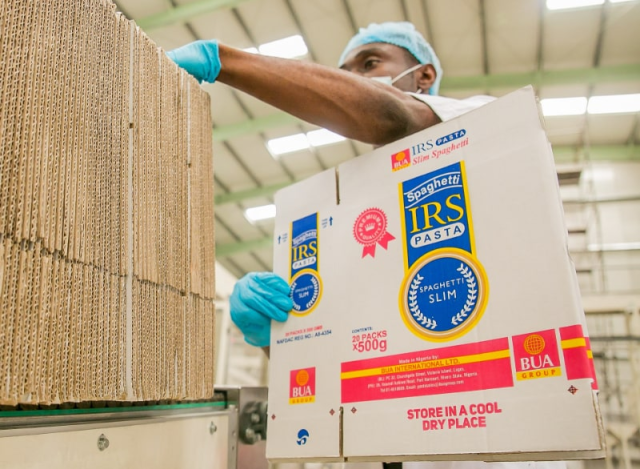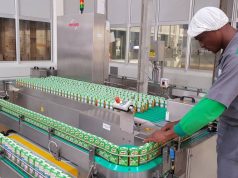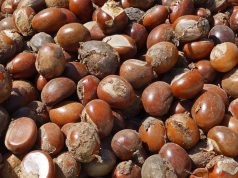BUA Foods Plc, Nigeria’s largest food and fast-moving consumer goods (FMCG) company by market capitalisation, has announced a 101% year-on-year growth in Profit Before Tax (PBT) to ₦276.1 billion for the Half-Year ended June 30, 2025.
This was disclosed in the company’s unaudited financial results filed with the Nigerian Exchange Group (NGX) on Wednesday.
During the reporting period, revenue increased by 36% to ₦912.5 billion, driven by strong performance across all product segments: Sugar, Flour, Pasta, and Rice.
Notably, the company recorded an exponential 2923% increase in Rice revenue, reinforcing the success of BUA Foods’ expansion into the local rice value chain.
Gross Profit rose by 55% to ₦339.3 billion, with gross margin improving to 37.2% from 32.4% in the previous year. Earnings per Share (EPS) nearly doubled from ₦7.27 to ₦14.45, while Operating Profit increased by 41% to ₦284.8 billion. Total equity also rose by 60.6% to ₦689.1 billion, and total assets grew to ₦1.33 trillion.
Commenting on the results, Ayodele Abioye, managing director of BUA Foods Plc, said, “The results reflect our strong fundamentals, operational efficiency, and the resilience of our diversified business model.
“Amidst evolving macroeconomic dynamics, we remain focused on scale, affordability, and consistent value delivery to our customers and stakeholders.
“Our investments in backward integration and manufacturing expansion continue to position us for long-term sustainable growth.”
READ ALSO: Otedola to release blockbuster memoir on business success, entrepreneurship
Key Segment Highlights (H1 2025):
• Flour Division: Revenue grew by 66% to ₦378.2 billion.
• Sugar Division: Contributed ₦398.1 billion in revenue, an 8% increase.
• Pasta Division: Recorded a 31% increase in revenue to ₦96.9 billion.
• Rice Division: Surged to ₦39.3 billion, up from ₦1.3 billion in H1 2024.
Balance Sheet Highlights:
• Total Assets: ₦1.33 trillion (+21.7%)
• Total Liabilities: ₦644.1 billion (-3.4%)
• Retained Earnings: ₦681.1 billion (+62%)
BUA Foods continues to pursue investments across its integrated supply chain, while leveraging innovation and technology to ensure food security and expand export capabilities across West Africa and beyond.









